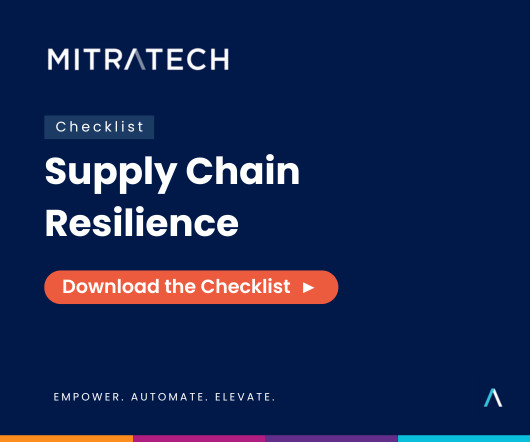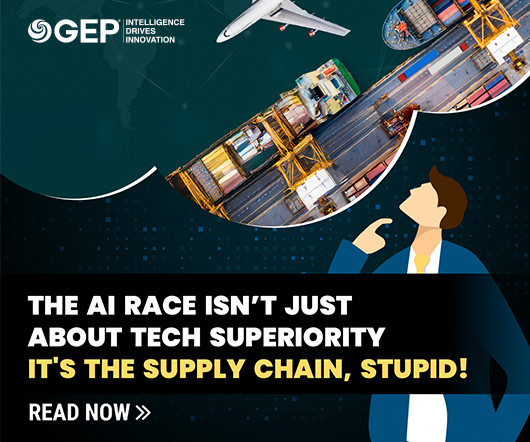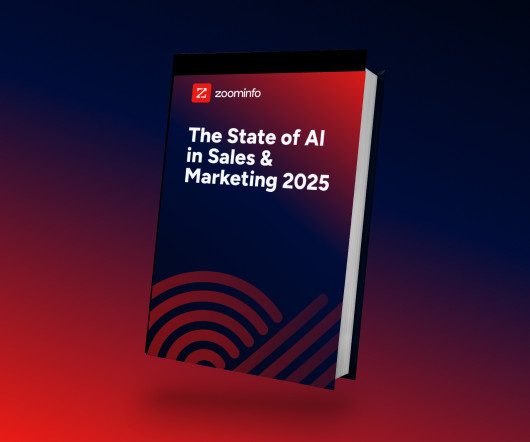Supply Chain Talent: The Missing Link?
Supply Chain Shaman
NOVEMBER 6, 2012
'Members of today’s supply chain teams are busy. Business complexity is rising and teams are trying to get to data and align the organization against supply chain objectives. It is not easy. Disparate systems and gaps in supply chain technologies lead the list. Supply chain talent falls midway on most lists. We think that it should be more important.






































Let's personalize your content